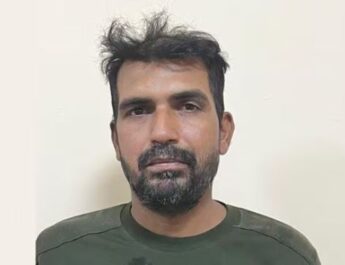New Criminal Laws Take Effect From Today
India is poised for a major transformation of its legal landscape with the implementation of three new criminal statutes, which are set to supplant outdated laws from the colonial period. These new laws are effective as of today, July 1, and are designed to replace the Indian Penal Code, the Indian Evidence Act, and the Code of Criminal Procedure, all of which date back to the British era.
The new statutes, the Bharatiya Nyaya Sanhita and the Bharatiya Sakshya Adhiniyam, have taken the place of the IPC (1860) and the Evidence Act (1872), respectively. Additionally, the Code of Criminal Procedure 1973 has been superseded by the Bharatiya Nagarik Suraksha Sanhita. These laws were approved by the Parliament in December of last year and received the President’s assent the same month. However, their enforcement was postponed by the Union Government until July 1, as notified on February 24.
The legal community in India is greeting these new criminal laws with a mix of anticipation and unease. Many prominent legal figures, State Bar Councils, and Bar Associations have expressed their reservations about the potential effects of these new laws. The Bar Council of India has promised to communicate the concerns of the legal profession to the Union Government and has proposed the formation of an expert committee to examine the new statutes. The council has also urged lawyers to refrain from protests and demonstrations against the implementation of these laws.
Despite the Government’s assertion that these new laws will help decolonize and modernize the Indian legal system, critics argue that the changes are largely cosmetic. They claim that the majority of the provisions from the old laws have been retained, albeit with new numbering and titles. Critics also contend that these laws do not introduce any significant reforms and will instead create difficulties for police, lawyers, and judges, who will have to familiarize themselves with the new arrangement of provisions that are essentially the same as before.
Moreover, there is concern that the old laws will continue to be applied for at least two to three decades for pending cases and offenses committed before July 1, 2024. This could lead to a situation where the criminal justice system has to operate with two sets of laws simultaneously, potentially resulting in confusion and mistakes.
The Supreme Court has declined to hear two Public Interest Litigations (PILs) that challenged the new laws. One petition was dismissed because it was filed before the new laws came into effect, while the other was rejected due to poor drafting.
Chief Justice of India DY Chandrachud has observed that the new laws will only have a positive impact if the necessary investments in infrastructure and the development of forensic experts and investigating officers are made promptly.




